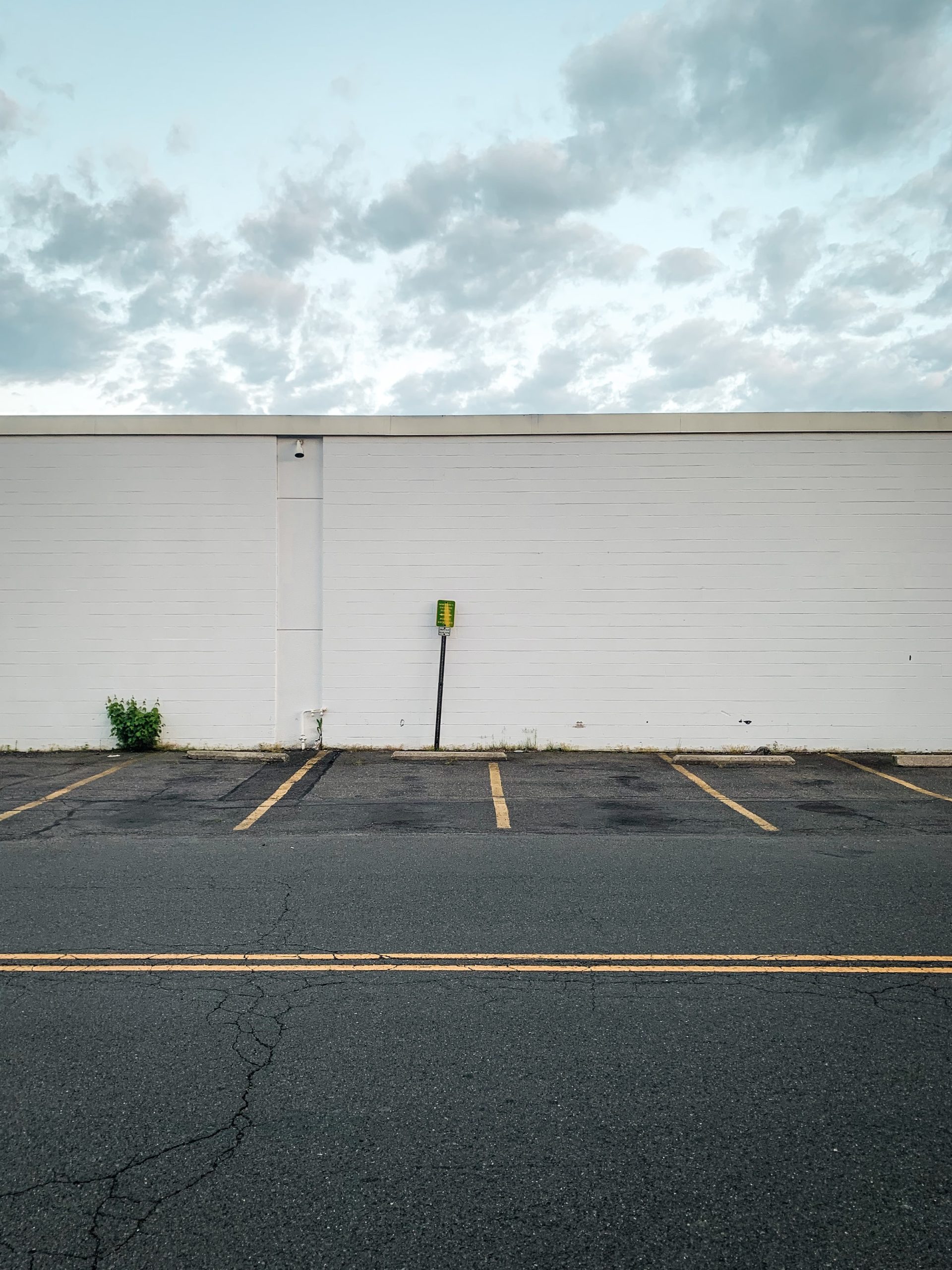Renting a property to live in may be more appropriate or more economical depending on your activities and your financial capacity. However, it should be noted that renting a building has its conditions and constraints. In order to avoid conflicts, all tenants must be aware of their responsibilities and the legal provisions that accompany their choice to rent.
Thus, one can particularly wonder: who is responsible for the cleaning and maintenance of the parking lots and garages of the building? In order to answer this concern, it is necessary to study the question in the light of the legal rules governing this field.
The owner’s obligations

With regard to the rental of a building, certain principles govern the use of parking lots and garages by the tenant. But these principles also present requirements for the landlord. The daily maintenance of the garage of a collective building is the responsibility of the owner. For this purpose, he can mandate specialized companies for total cleaning.
As for the parking lots, the places can be privative or not. If they are privative, each occupant takes care to clean his own, and the owner takes care of the maintenance of the common alleys. Otherwise, the owner is responsible for the daily maintenance of the entire parking lot.
Moreover, according to the law n° 87-712, dated July 6, 1989, all major works are the responsibility of the landlord. If the proper functioning of the parking lots and garages requires major repairs, this is the owner’s responsibility. Here again, soliciting the services of a company for a good restoration after work would be ideal. The owner is indeed the one who must take care of all the works of change of a dilapidated property the housing.
The obligations of the tenant

The tenant, for his part, strives to maintain and care for his garage or parking lot on a daily basis. Article 1754 of the Civil Code assigns the responsibility for the “minor maintenance” of the property, including parking lots and garages, to the tenant.
The jurisprudence goes further by considering the tenant as a “good father of the family” who must take care of his house. This implies cleaning for sanitation and cleanliness purposes. In short, the tenant must take care of the dwelling and maintain it properly. For when the tenant leaves, the property must not require any additional work other than work-related to daily occupation and use.
In addition, article 1730 of the civil code stipulates that the tenant must ask the landlord for proper permission before certain works are carried out. This concern works for the replacement of certain goods inherent to the good functioning of the dwelling, as the law assigns this task to the landlord.
Rental charges

The rental charges are financial contributions involving the tenant and owner in the maintenance of the dwelling. There are rental charges that only concern parking lots and garages. Moreover, it should be noted that the owner makes the choice of the system of charges. One speaks thus of provisions for charges and fixed charges.
The provisions for charges are similar to advances on parking charges. They amount to an amount equal to that of the charges and can therefore vary. On the other hand, the fixed charge is fixed, and the tenant pays it every month. It is the tenant’s contribution to the rental charges related to the parking lot.
There are several types of charges. They include collective services such as industrial cleaning, property tax, housing tax, garbage tax, and union fees. The tenant does not receive a balance or pay an excess, unlike the provisions, whether the charges increase or decrease.
Maintaining a property is not an easy task. Fortunately, the law has taken this into account and has provisions for the different types of property, including parking lots and garages. As a bonus, for those of you concerned about your property’s cleanliness, choose a professional cleaning company based on well-defined criteria.
Sound off in the comments section below and tell us what you want to read next and if you want to read more about rental property.



